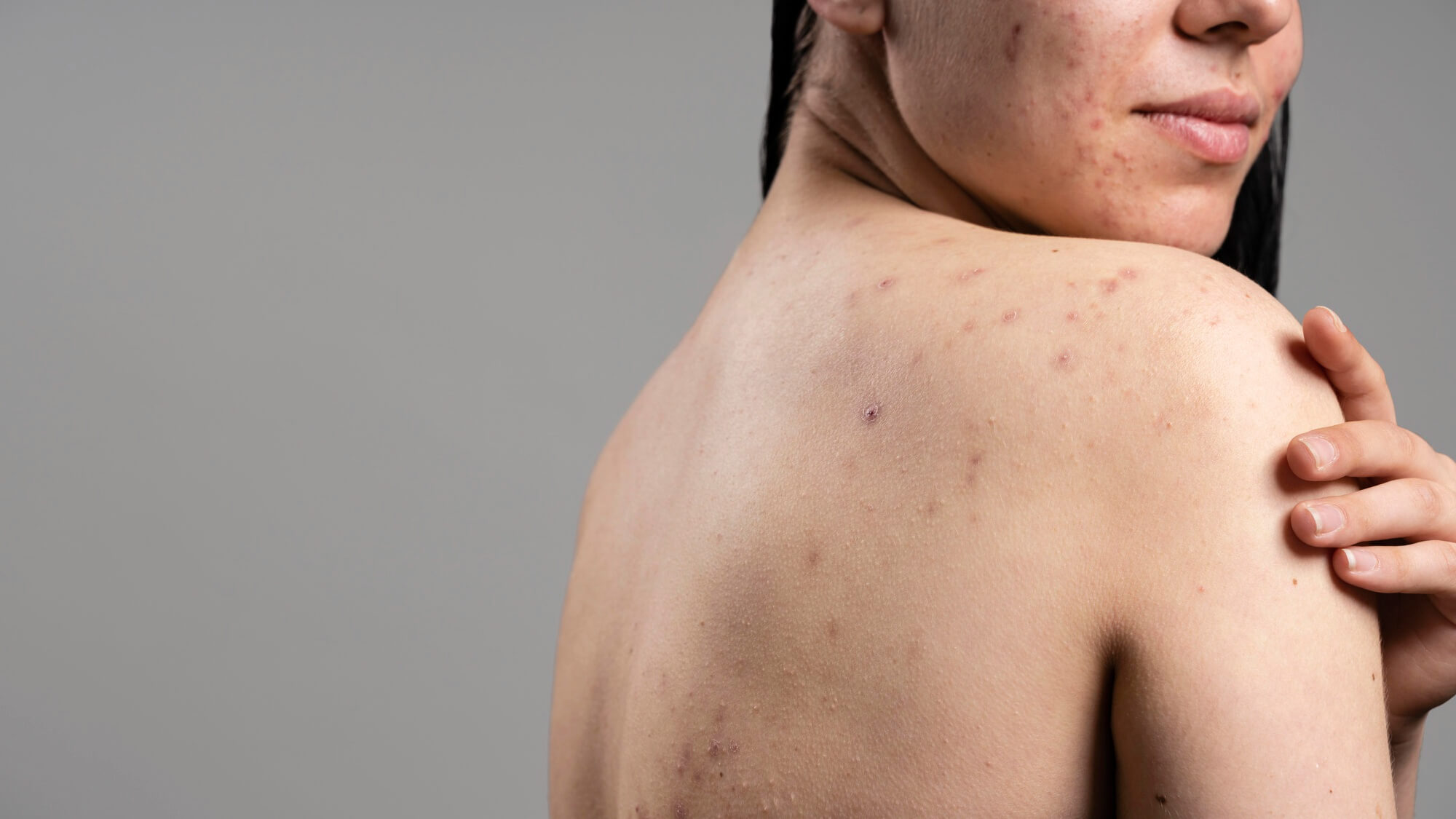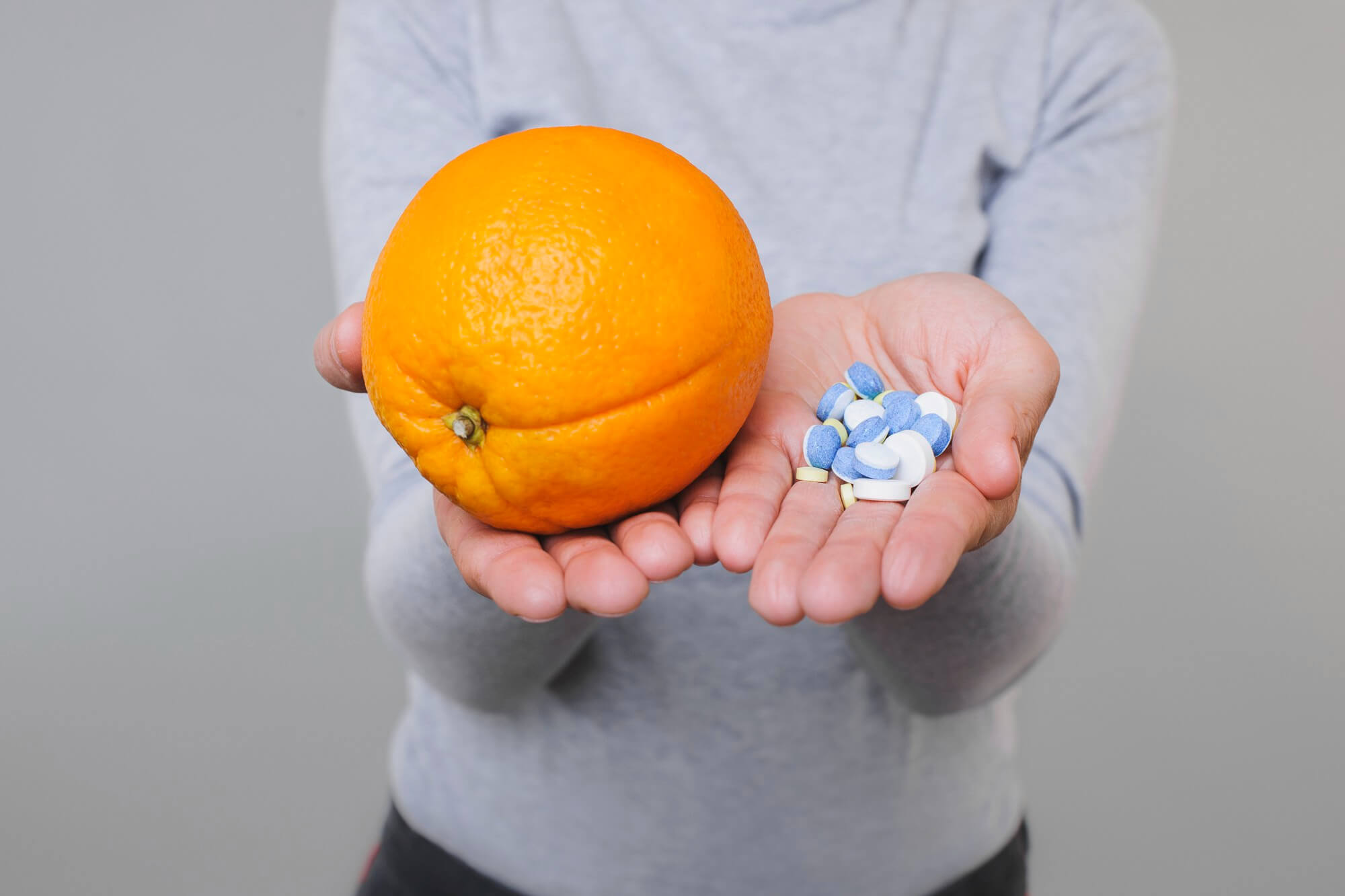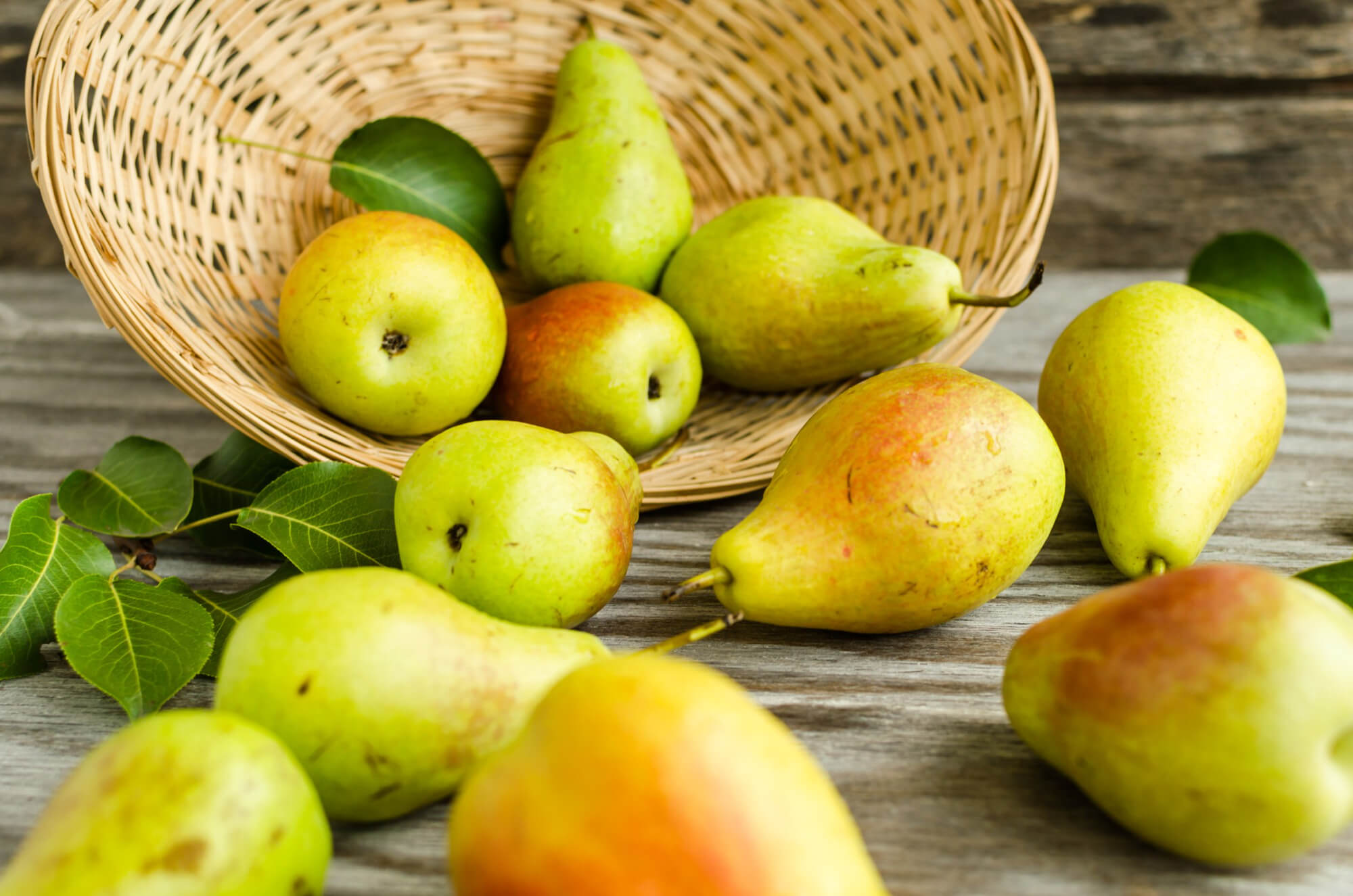Citrus allergens: dangers and precautions


Eva Zakharova
What is a citrus allergy?
Citrus allergy is an immune reaction of the body to the proteins in citrus fruits such as oranges, tangerines, lemons, and limes. In some people, eating these fruits can cause unwanted reactions such as itching, rashes, runny nose or even anaphylactic shock.
Why does a citrus allergy occur?
Citrus allergies are caused by the immune system being hypersensitive to the proteins in these fruits. When the body comes into contact with allergens, it begins to produce antibodies that lead to inflammation and allergic symptoms.
What symptoms do citrus allergies cause?

Citrus allergies manifest as a variety of symptoms, such as:
- Skin rashes, itching and redness;
- Swelling of the lips, tongue and throat;
- Runny nose, sneezing and stuffy nose;
- Abdominal pain, nausea, vomiting, and diarrhea;
- Bronchospasm, difficulty breathing, and shortness of breath.
How can I tell citrus allergy from other allergies?
To determine a citrus allergy, one must look for specific symptoms that occur after consuming citrus fruits or products containing them. However, only an allergist can make an accurate diagnosis after appropriate tests are performed.
Diagnosis of citrus allergy
To diagnose citrus allergy, the allergist first conducts a detailed interview with the patient about symptoms, history of illness, and eating habits. Then, the following examination methods may be prescribed:
- Skin tests: the doctor applies a small amount of citrus extract to the skin and observes the possible occurrence of an allergic reaction.
- Blood test for immunoglobulin E (IgE): determination of the level of antibodies in the blood that are associated with citrus allergy.
Treating citrus allergies

The best way to prevent citrus allergies is to completely eliminate foods that contain allergens from your diet. This includes oranges, mandarins, lemons, limes, and orange juice. It is also worth paying attention to the composition of various products, since citrus fruits may be used as additives or flavorings.
What medications help with citrus allergies?
If an allergic reaction does occur, your doctor may prescribe the following medications to relieve symptoms:
Antihistamines (e.g., loratadine, cetirizine, phenistyl) - relieve itching, swelling and skin manifestations of the allergy.
Corticosteroids (e.g., hydrocortisone, prednisolone) - ease inflammation and reduce allergy symptoms.
Bronchodilators (e.g., salbutamol, theophylline) - help with breathing difficulties and bronchospasm.
What foods should I eliminate from my diet to prevent citrus allergy?
To prevent citrus allergies, you should eliminate the following foods from your diet:
- Citrus fruits (oranges, mandarins, lemons, limes);
- Juices and drinks containing citrus fruits;
- Candy, marmalade and other citrus-flavored sweets;
- Frozen desserts and ice cream with citrus fruit;
- Sauces, jams, and preserves containing citrus fruits.
What foods can I eat if I have a citrus allergy?

When you have a citrus allergy, it is recommended that you eat foods that are allergen-free and safe for your health. These foods include:
- Vegetables and fruits that do not contain citrus allergens (apples, pears, cherries, peaches, bananas, etc.);
- Cereals and baked goods without added citrus flavorings;
- Dairy products and eggs;
- Meat, poultry and fish;
- Nuts and seeds, except those processed with citrus oils or flavorings.
Citrus allergy is a common condition that can cause many unpleasant symptoms. To avoid an allergic reaction, you need to eliminate all foods containing citrus allergens from your diet. If the allergy has already occurred, it is important to contact an allergist to make an accurate diagnosis and prescribe the appropriate treatment. Following the specialist's recommendations and controlling your diet can help reduce the risk of a citrus allergy and maintain your health.
New materials
Popular Articles
We recommend reading
Contact us in the Contact Us section to ask questions, offer ideas, or for more information about our allergy resource.
Our articles are your trusted source of allergy knowledge. Learn how to make life with allergic reactions easier on our specialized portal.
©
Lechenie-Allergii.com. All rights reserved.
© Lechenie-Allergii.com. All rights reserved.
The information on this site is for informational purposes only and is not a substitute for professional medical advice. We recommend consulting with qualified medical professionals for accurate information and advice.
 English
English  Українська
Українська  Русский
Русский 









